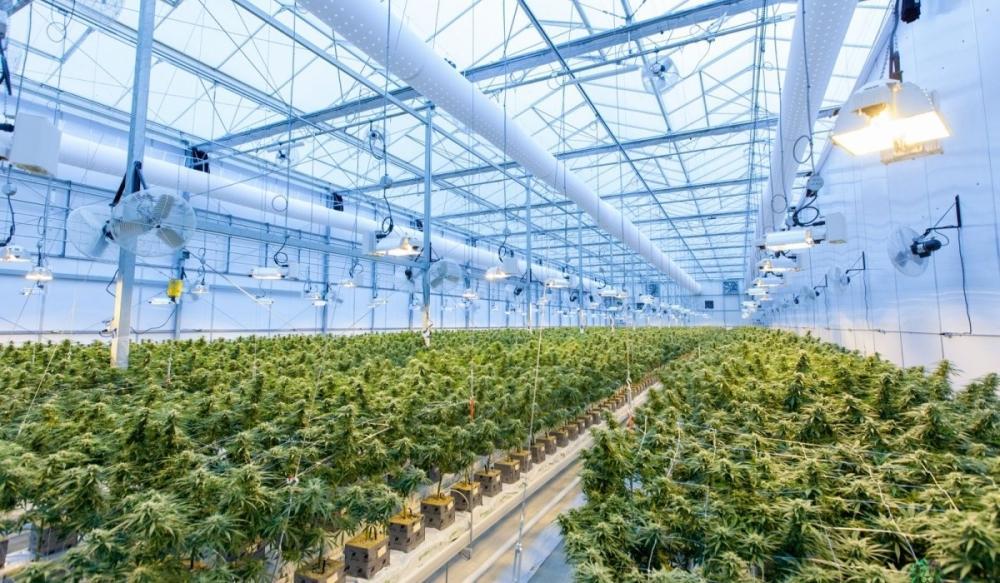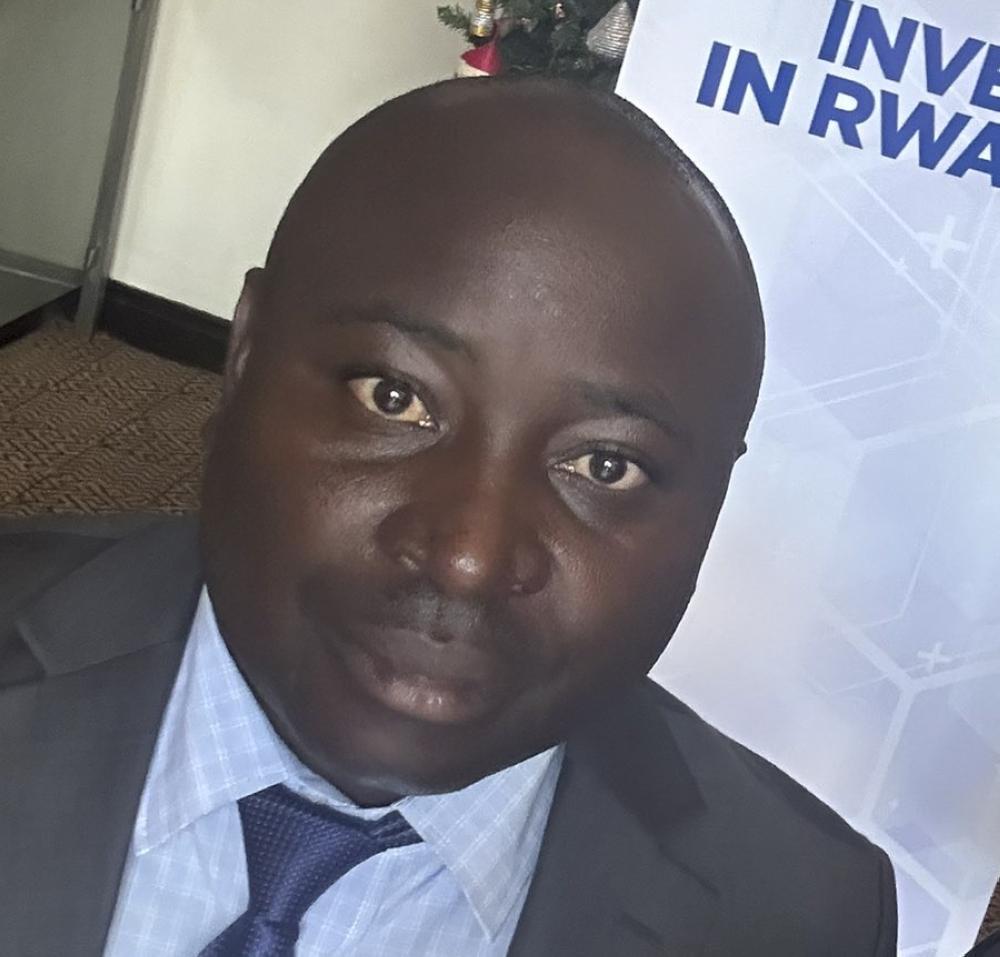Africa-Press – Rwanda. Rwanda’s high-value therapeutic crop (HVTC) initiative is making significant strides, with the medical cannabis off-site infrastructure project now 83 per cent complete, according to the Rwanda Development Board (RDB).
With Rwf2.2 billion allocated for the 2024/2025 fiscal year, the project has already utilized over Rwf1 billion, marking a 46 per cent financial execution rate.
RDB officials indicated that the remaining work includes the installation of a double-layered security fence, an essential component to meet international safety standards.
“The overall progress of the work stands at 83%. The remaining tasks include general double-layer fencing. The works related to drainage layout were completed but are yet to be invoiced,” Joseph Cedrick Nsengiyumva, RDB’s Chief Financial Officer, briefed lawmakers on May 13 during a parliamentary budget hearing.
The cannabis project is part of Rwanda’s move into the medical and pharmaceutical industries, with the aim of contributing to global health research and economic diversification.
King Kong Organics (KKOG), a subsidiary of KKOG Global, became the first company that secured a five-year license from the Rwanda Development Board (RDB) to operate cannabis production.
The company previously told The New Times that it had made an investment of $10 million in machinery, facility construction, payment of fees in land acquisition and contractors, as well as importing genetically modified cannabis seeds, among others.
The completion of construction activities of the cannabis production facility, located in Musanze District in the Northern Province, had initially been planned to conclude by May last year before it was extended to September in the same year.
According to Rene Joseph, Founder and CEO of KKOG, the company spearheading the project, construction experienced some delays due to the need for access infrastructure.
Joseph Cedrick Nsengiyumva, RDB’s Chief Financial Officer, briefed lawmakers during a parliamentary budget hearing on May 13. Courtesy
According to him, the production process that involves the extraction of cannabis oils which will be exported to the targeted markets will be possible with the government of Rwanda’s partnership of injecting about $3 million in the project.
KKOG had targeted to produce at least 5,000 kilogrammes per hectare. Cannabis plants grow within a period of four to six months.
Rwanda has already earmarked 134 hectares for medical cannabis cultivation, primarily targeting exports.
Progress on other projects
RDB provided updates on several other high-priority national projects, including the Kigali Innovation City (KIC) project, which is expected to host world-class universities, tech incubators, and AI-driven enterprises which will utilise Rwf8.2bn in 2025/2026.
While its basic infrastructure stands at 54.2 per cent completion, the first building is only 3 per centdone.
Nsengiyumva explained that delays stemmed from prolonged negotiations over implementation agreements and changes requested by strategic investor PAIX regarding the power infrastructure.
The Rwf44 billion KIC project began in 2018 and is slated to wrap up in 2027, though Nsengiyumva acknowledged more funding would be required.
“So far, we have already spent Rwf2.7 billion, and during the 2025/2026 fiscal year, we plan to use Rwf8.2 billion,” he noted.
Nsengiyumva also reported progress on the development of the Center of Excellence for Aviation Skills.
“Architectural designs are complete, and the evaluation of the supervision tender has been submitted to the African Development Bank for approval,” he said.
The development of meetings, incentives, conferences, and exhibitions (MICE) Tourism Project, another flagship initiative, is reportedly on track. The project, which began in 2015 and is set to conclude in 2030, has a total budget of Rwf188.6 billion.
To date, Rwf117 billion has been spent.
“We expect to invest Rwf20.7 billion in MICE during the 2025/2026 fiscal year,” He said.
The project aims to transform Rwanda into a top destination for international conferences and business tourism.
In the area of environmental resilience, he mentioned a Volcanoes Community Resilience Project that focuses on flood risk reduction, ecological restoration, and improved tourism asset management in the Volcanoes Region.
“This project has a total budget of Rwf30.7 billion. So far, we’ve spent Rwf101.8 million and expect to spend Rwf1.7 billion in the next fiscal year,” he added.
MP Venuste Icyitegetse inquired about the current status of the implementation of the Tourism Revenue Sharing scheme, emphasizing that local residents should be the primary beneficiaries of projects carried out in their vicinity.
In response, Eugene Mutangana, Head of the Conservation Department at RDB, stated that there is a plan to inject Rwf3.9 billion into community development through the Tourism Revenue Sharing scheme during the 2025/2026 fiscal year.
The initiative supports projects near national parks and ensures gender-balanced beneficiary participation of 50 per cent men and 50 per cent women.
“There’s a plan to promote all the projects near the four parks, we are conducting an assessment to track those that have stagnated for over a year, and we’re working closely with district and sector officials to ensure their completion,” he stated.
The institution also announced progress on the Rwanda Film Office (RFO) Project, highlighting its role in supporting the country’s growing film industry.
“Memoranda of Understanding (MoUs) between RDB and filmmakers whose proposals have been approved are currently being drafted,” added Nsengiyumva.
The RFO serves as a centralized resource for both local and international audiovisual productions, streamlining the production process by acting as a single point of contact.
Its mandate includes offering information, coordination, and assistance to ensure that film and media projects receive the support needed to operate efficiently within Rwanda.
For More News And Analysis About Rwanda Follow Africa-Press








